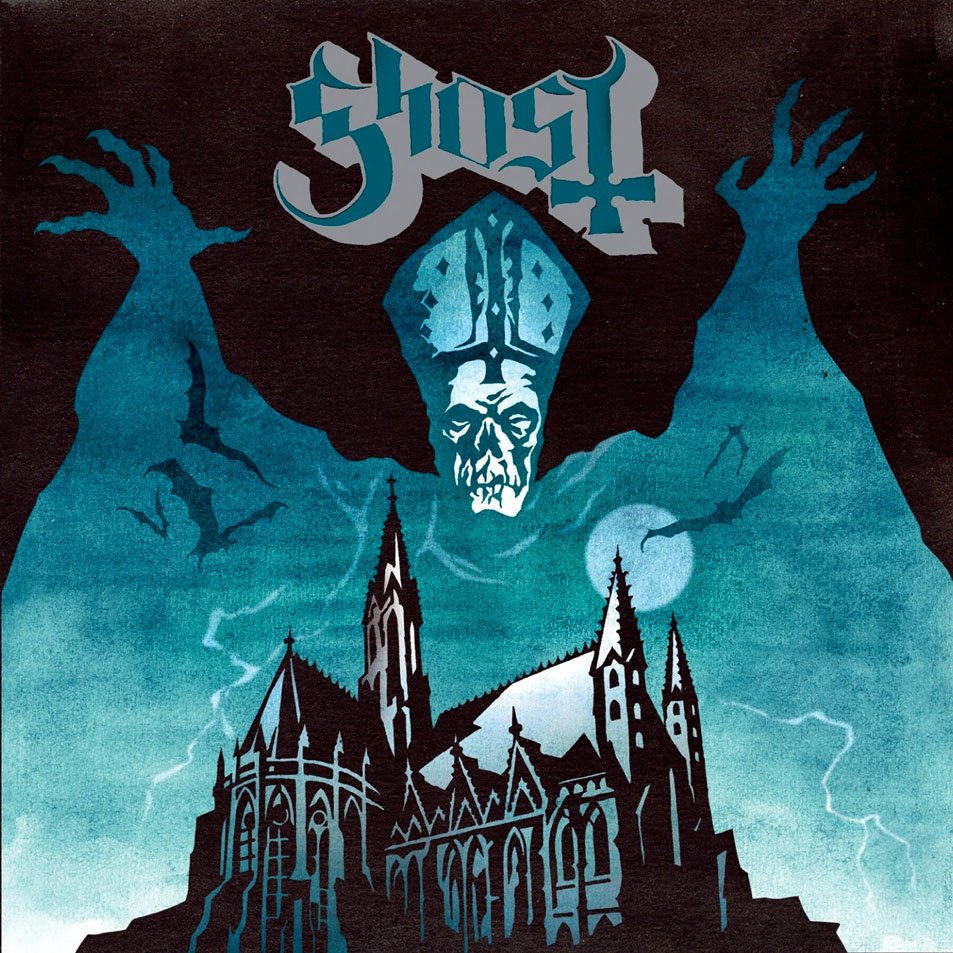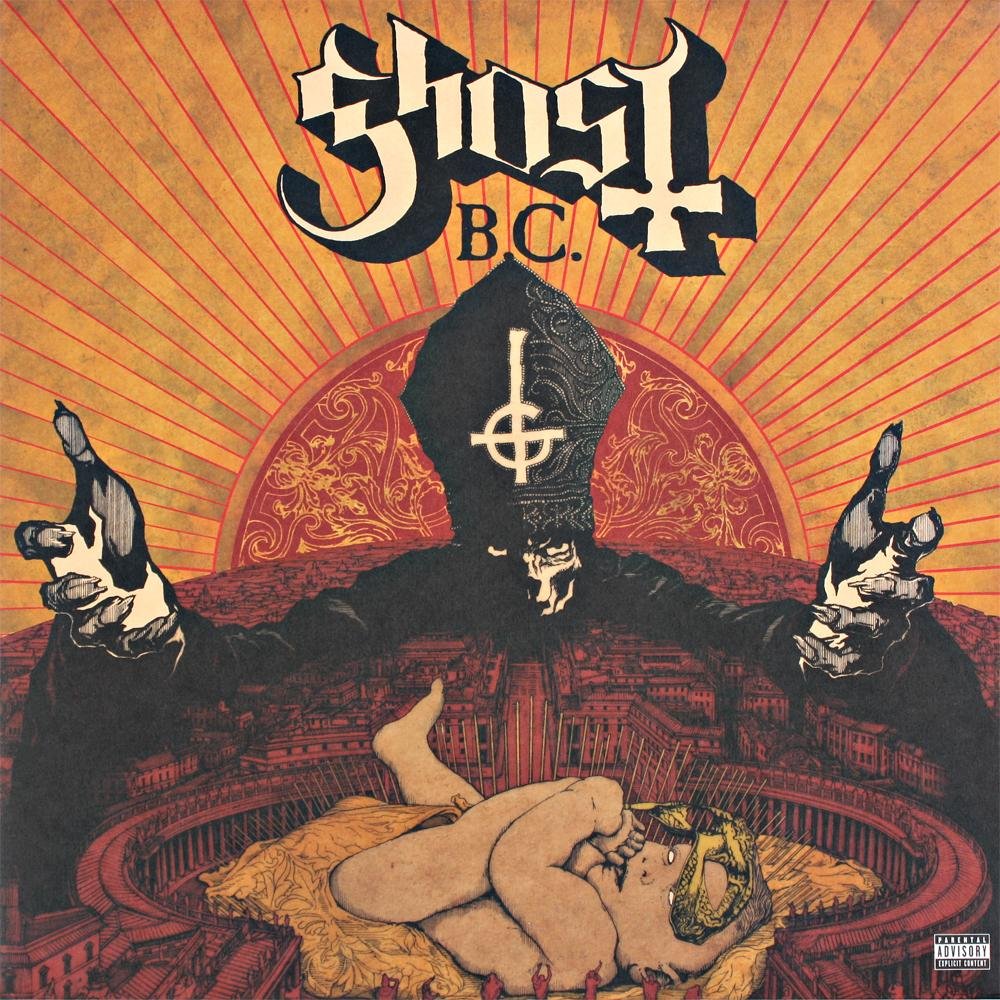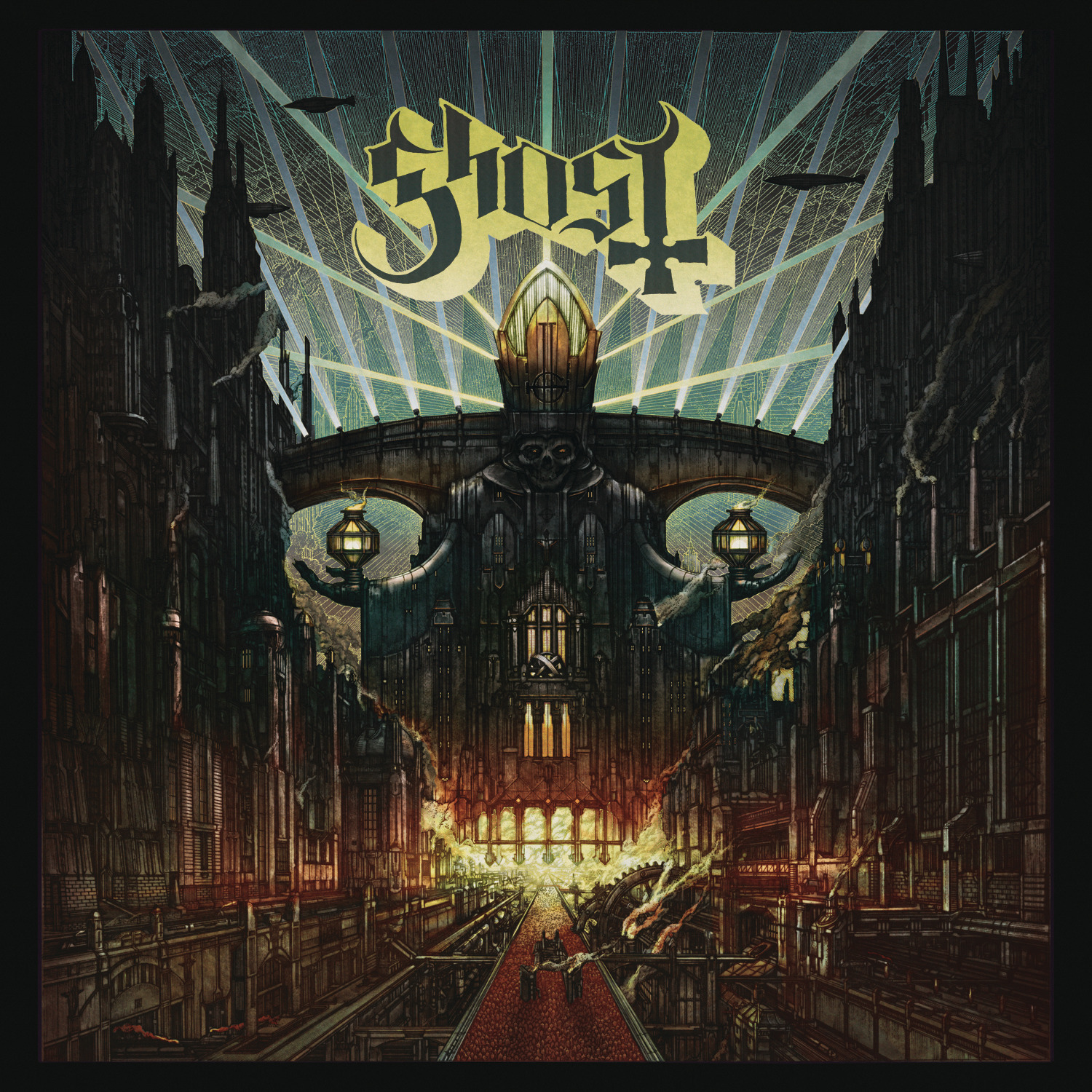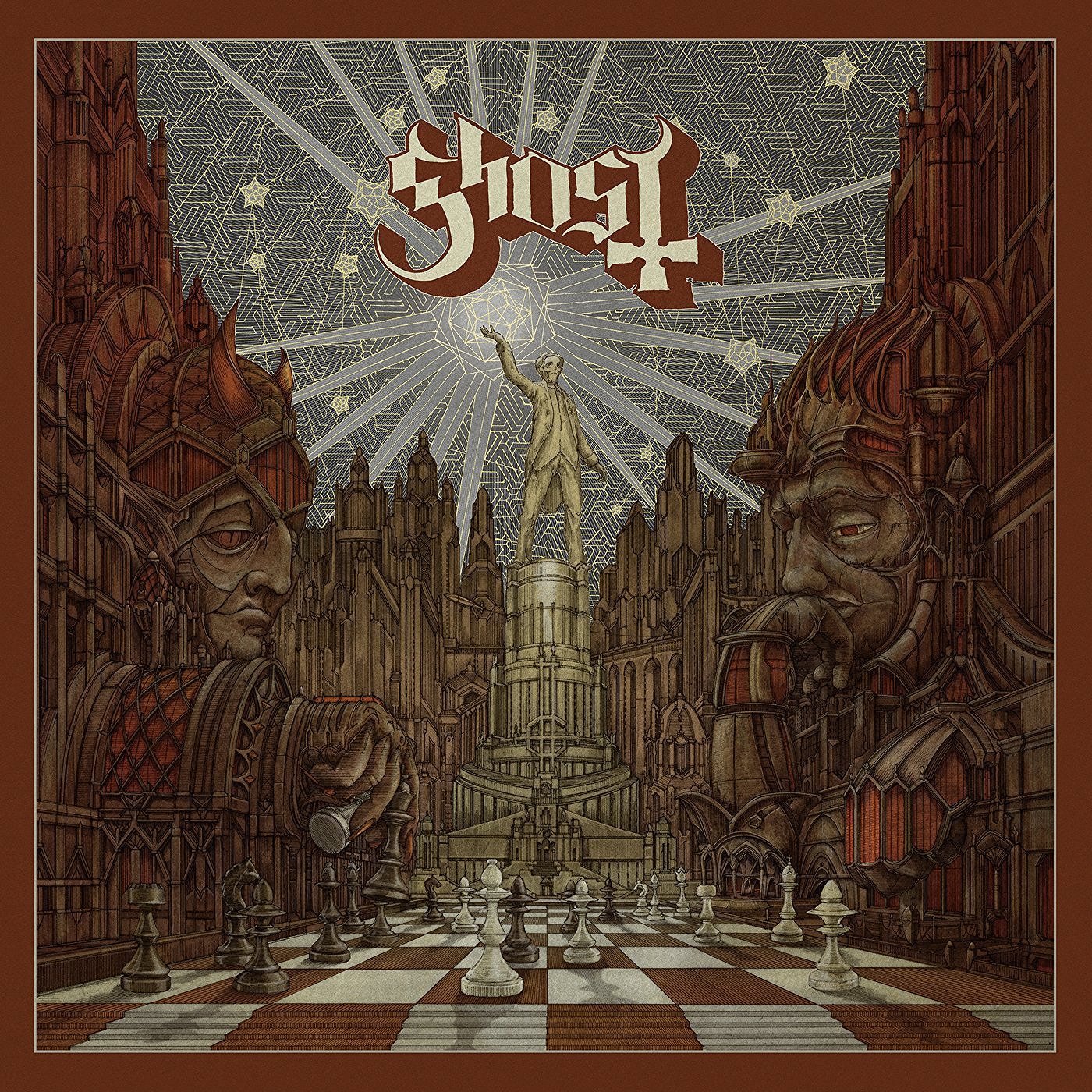French Rap: Part I – IAM
Rap/Hip Hop is a very important part of French culture, the overwhelming majority of my friends back in France were listening to it, and it is one of the few kind of music that is solid in France as well as usually always sung in french. That's not the case for all french music, we have a decently big metal scene, but most bands sing in english. We are also wonderful at electronic music, house, electro and especially synthwave, but those usually don't have lyrics apart from samples (which are mostly in english). So when I was trying to get my wife to learn french — if not by traditionally learning — by osmosis, it made sense to have her listen to french rap. I started to play it in the house while we were cleaning or just hanging out. I don't listen to rap for reasons I listed in my very first article on the Print House, the main one being that I don't care about lyrics in music. I therefore had to search for a couple of artists, but my search was short-lived because I didn't really have a genuine interest in rap. That was a couple of years ago, today I am less picky when it comes to music, more curious and open-minded, but also more receptive to the social point usually brought up in rap. But I still needed a little push to really do a deep dive into rap, which was granted to me when Spenny released his article: “Ramblings 2: An Album I Could Have Liked”. I decided to roughly use the same process that Spenny describes in the chapter Detour One: Early Covid; try to listen to one album every few weeks and rate them. But why do it alone? That's why I'm bringing you along in this new series of articles, aiming for one every couple of months, presenting an album/artist per article. I'll be choosing a couple of songs that I like, and if there is material, introduce through them a topic relevant to french culture. I will then talk about the album overall.
L'école du micro d'argent – 1997

My search had begun, and I simply looked through a couple of forums with threads titled a variation of “best french rap album/artist” (but in french obviously). This one appeared at the top of a couple, so I thought I would start strong to keep me motivated at the beginning.
IAM is a group composed of Akhenaton & Shurik'n which are the rappers, with Khéops, Imhotep, Kephren and formerly Freeman handling music prod. They are from Marseille, the group was formed in 1988 and is still going today. We will be looking at their fourth and most popular album, starting with the title track.
L'école du micro d'argent
This song is all about hyping themselves up and propping up the rest of the album. They describe a war between two schools, the school of the silver mic and the school of the wooden one. They are part of the former; the school of the good rap. Shit is hype, the beat contains some bells, trumpets and horns which gives it an air of solemnity, and opens with a choir that builds up. The lyrics are epic and even if I still don't know a lot about rapping, I know that here it is phenomenal. It's technical, the text is rich and they are using fairly complex french language — using formal language is a way french rappers try to set themselves apart, it also allows them to craft much more intense and mellifluous lyrics. Akhenaton has a lisp and uses that to create more alliterations, which is cool to hear. Shurik'n lingers on some syllables or rushes through them, and emphasises some consonants or vowels which — even if it could hinder comprehension (french is pretty monotone and words aren't accentuated anywhere) — matches the song perfectly and adds a layer to the rhythm. After the opening, the beats become a bit simpler, but is still as effective, it compliments the voices well, and the voices are clearly defined above the mix. A simple-ish beat and well-defined voices will be a reoccurring thing for the rest of their songs. However, this song doesn't really showcase their social involvement, unlike the one we will look at next:
Nés sous la même étoile
—>Music video what are they doing with their arms?
This track is about a very popular subject in France, equality of opportunity or in french:
L'égalité des chances
For as long as I can remember when I was a kid I was taught about the equality of opportunity. How important it was to [insert current government] and how [current government] was doing everything that is possible to make sure this was not just an ideal, but a reality. This was very ingrained in french schools, or in the education policies, as equality of opportunity “started” there according to the government. Let's first define what is “l'égalité des chances”: it's that social status of an individual cannot be founded on moral, ethnic, cultural, economical or social of a person, but on their public utility. It's basically just meritocracy; everybody is equal and the only things that matters should be what value they produce/how hard they work.
School is mandatory and free in France for every child residing on the territory, from ages 3 to 16. The state has always confused equal access to equal opportunity. So they give students roughly the same access to information, with a standardised curriculum, national exams, try to put in place “orientation” seminar to guide students to jobs and studies starting early... Therefore in the state's eyes, every student is on the same level as any other — this is l'égalité des chances. Then, what matters regarding success is the effort that each student puts in; a convenient view that removes the government responsibility regarding inequalities after school. The many french governments have always thought of school as the perfect way to squash inequalities since — after the state graciously gives you access to education — you just have to work hard, then can get into a good school and get a good job and even if you started poor you end up rich. This is obviously not how it works, and school in France is a big vector of inequalities (I would need another whole article to get into that). This song is about all the other inequalities that arise before school even starts, and how they evolve:
Here Shrik'n and Akhenaton compare their upbringing, especially in the context of school, with a bourgeois' kid. They first note the hereditary nature of access to wealth, comparing what their dads do and how they get to work. Then the difference in access to extracurricular activities, vacations, food security. They also note that they don't have enough money to buy school supplies, that they had to stop going to school to help their parents make ends meet, that they are responsible for helping raise their siblings. They contrast that with the rich's kid, who doesn't have to worry about any of this, can focus on his studies and enjoy his youth, and who will be able to get into a good and expensive school. Where he will get a good job, they will have to beg for one. Other than the content of the text, the lyricism is amazing, there is a lot of use of “calembour” which is a sort of pun where you say one thing, but it sounds exactly the same as another and both have different — but relevant — meanings. Some of them are crazy and it's just when reading the lyrics that I realised it. The rhymes are also amazing. The instrumental is as usual simple-ish but very effective, complementing the rapping without eclipsing it. One of the member, Kheops, is a disk jockey and you can hear some record's effects, like rewinds and other, uh, DJ things (please excuse my ignorance) which, while the beat is simple, makes sure that it doesn't become repetitive, especially during the refrain.
Petit Frère
A bit of context is needed here, it will be also valid for the majority of french rap we will look at in this articles and the ones to come.
Les cités/banlieues/grand ensembles
The word banlieues (suburbs) has a wildly different connotation in french compared to english. As you know, suburbs in North America usually designate residential areas inhabited by white middle class people, safe, heavily subsidised by the local government as they generate next to no revenue. In France, banlieues usually refers to very low income high density part of city, outside of the city centre. To understand what they are, it can be interesting to see how they came to be. In the 1960s the effect of the post-war baby boom and the repatriation of the french colonisers from Algeria generates the need for more housing in a very short amount of time, on top of that a little thing called WW2 had destroyed a lot of housing, and the ones that were still standing were for the most part in awful conditions. Add to that, the american “all car” fad had taken over France and the government thought it would be a good idea to build all that necessary housing way outside the city, away from any amenities and only linked by roads and very little public transport if at all. What were built were “grand ensemble”; giant residential towers, think soviet style housing. They were at first not destined for low income people, but due to their undesirability they were deserted by anyone who could afford to not live there. They slowly become inhabited by low to very low income people and immigrants; groups of people that the bourgeois at the head of the municipalities actively don't care about — they became abandoned by local and federal government. With no money and their usual distance to the city centre, they became isolated socially, economically and culturally. They began to act as sort of socio-cultural enclaves within french cities, with nothing to do, as they are overwhelmingly residential. Economic conditions there are worse of than in the rest of the french territory; 50% live under the poverty threshold, unemployment being thrice the national average and education being also way below the national average. Mix no money with no opportunities, no jobs, no entertainment and general abandonment, and you get crime. Crime became rampant in the banlieues and the state responded with over-policing, which results in casualties every year. Those casualties cause violent riots within the cités after which the government will pretend to care for a couple of weeks, creating task forces tasked with creating reports to create plans to solve everything; they are usually abandoned, don't reach goals, or only try to fix things in the surface without addressing the root of the issue. None of them have worked and life there is extremely tough and generally not a great place to be raised in.
This song is about the “petit frère”, the little bro and how, in part, being raised there affects him. They lament how little bro wants to grow up too fast. As young as 10 already fighting, acting tough, watching porn, and they compare to what their youth looked like. They then blame it on violent video games and the news becoming more sensationalist... They really focus on that last one being one of the main cause which is kinda of a miss imo, focusing on it for a whole verse, especially when at one point they say “back in our days, violence in schools was the norm but it wasn't reported therefore it didn't cause an increase in violence”. I'm no psychologist but this makes very little sense. Apart from that (and blaming video games lmao) they also blame themselves and the environment they created: the little bro must be imitating them too. The little bro starts smoking early, wants drink alcohol just like the grown-ups, and all of this is costing him his education and causing him to forget their roots/culture. He becomes obsessed with materialism and money turning to crime to obtain what he wants. Just like the rest of the songs we looked at, the rapping is phenomenal. So many alliterations, the flow of the text is incredible, with the rhymes keeping it interesting. The instrumental effective, if a bit more complex here, there are like three melodies calling back and responding to each other on top of the base (bass) beat. The song has even a cover art:

This album consists of 16 songs, no intro, outro, interludes; it's way too many in my opinion. If you read my very first article, you would know I'm one of those weirdos that listen to music an album at a time, from beginning to end — even my spotify wrap gives me flack for it. A whole hour and fifteen minutes takes me three commutes to listen to fully. Nevertheless, I find myself listening to it over and over again, I started this article around August/September and this has made its way into the rotation on a weekly basis. Even as I was listening to other albums for new articles, I kept coming back to this. The instrumentals, however simple, are very effective, the text is great, rapping is technical and clear — shit slaps. The duo (voices) also works very well together, the song “Elle donne son corps avant son nom” is a prime example. There are however, a few songs that I care little for, and one that I skip every time. When it's great it's phenomenal, when it's “bad” (literally only 10% of the album) it's just a cut above average. As a side note, anglophones (all of you) will probably enjoy the track titled “La Saga” as half of it is in english; it features Sunz of Man. Rating of the album: 18/20
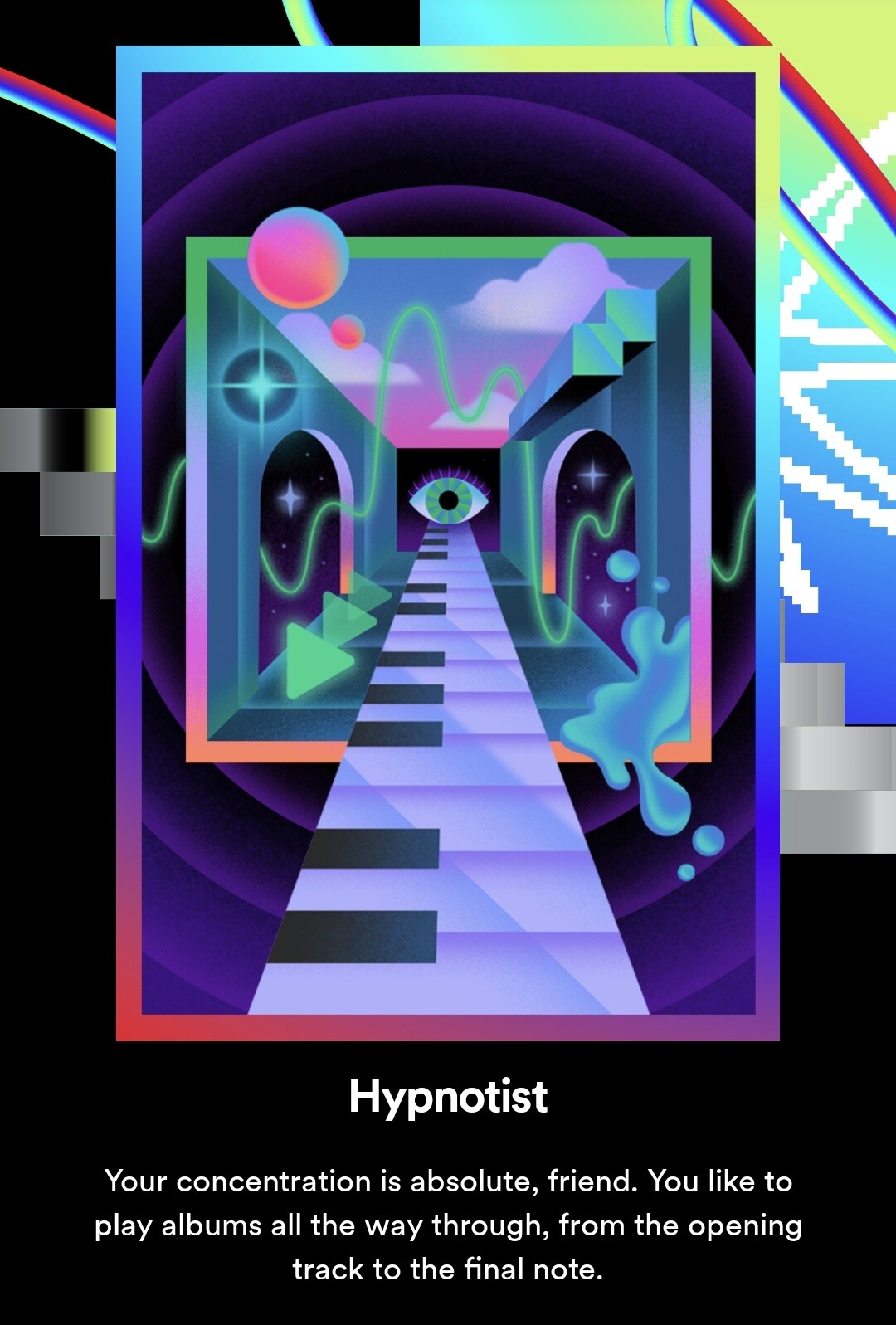
Another project has begun, on top of the 5 thousand other I have. I have a list as long as my arm of goated albums that I missed out on — whether it was because I had the audacity of not having been born, or I wasn't listening to rap at the time. One good part about arriving late to the party is that time has helped sift through the garbage. But this is a double edge sword; there might have been some cool underground stuff that has been lost to time. No time to get fomo now through. I hope that the context and insight I have provided into the french culture, when it comes to rap, was useful. Feel free to ask about any other topic that came up in the songs that you had issues with or questions about, and I might add some context in subsequent articles. Or even something related to french rap that you don't understand. A side note on my choice of albums: I will most likely try to stick with the OG stuff in the beginning, to get better context and history on french rap. Later, I will probably try some more experimental stuff and some stuff that the kids these days listen to. Once I am more secure in my knowledge of french rap, I might even comment on some meme rap that existed when I was growing up. In any case, you can expect the next article around March.
Thank you for reading my logorrhea, Eddie

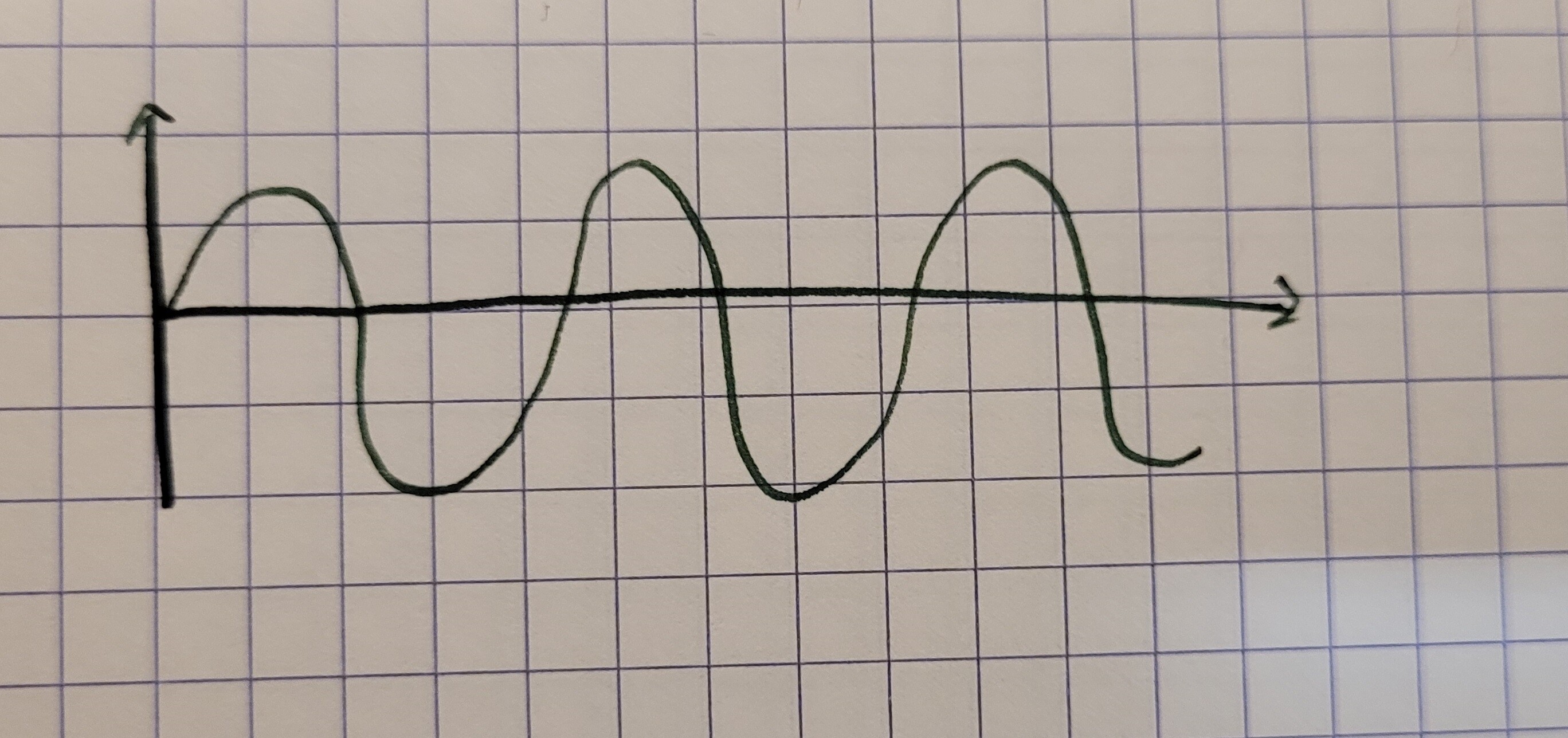
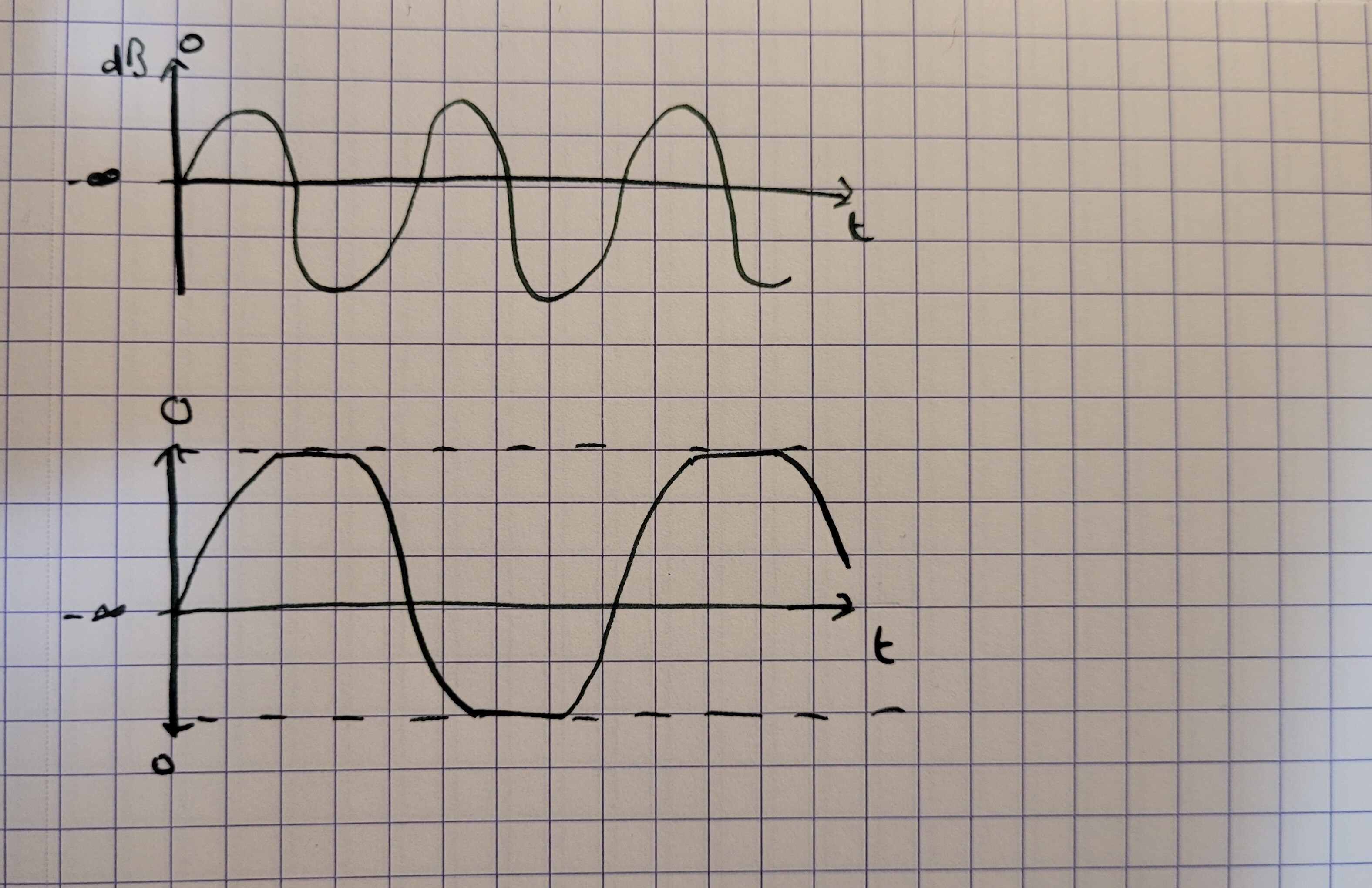
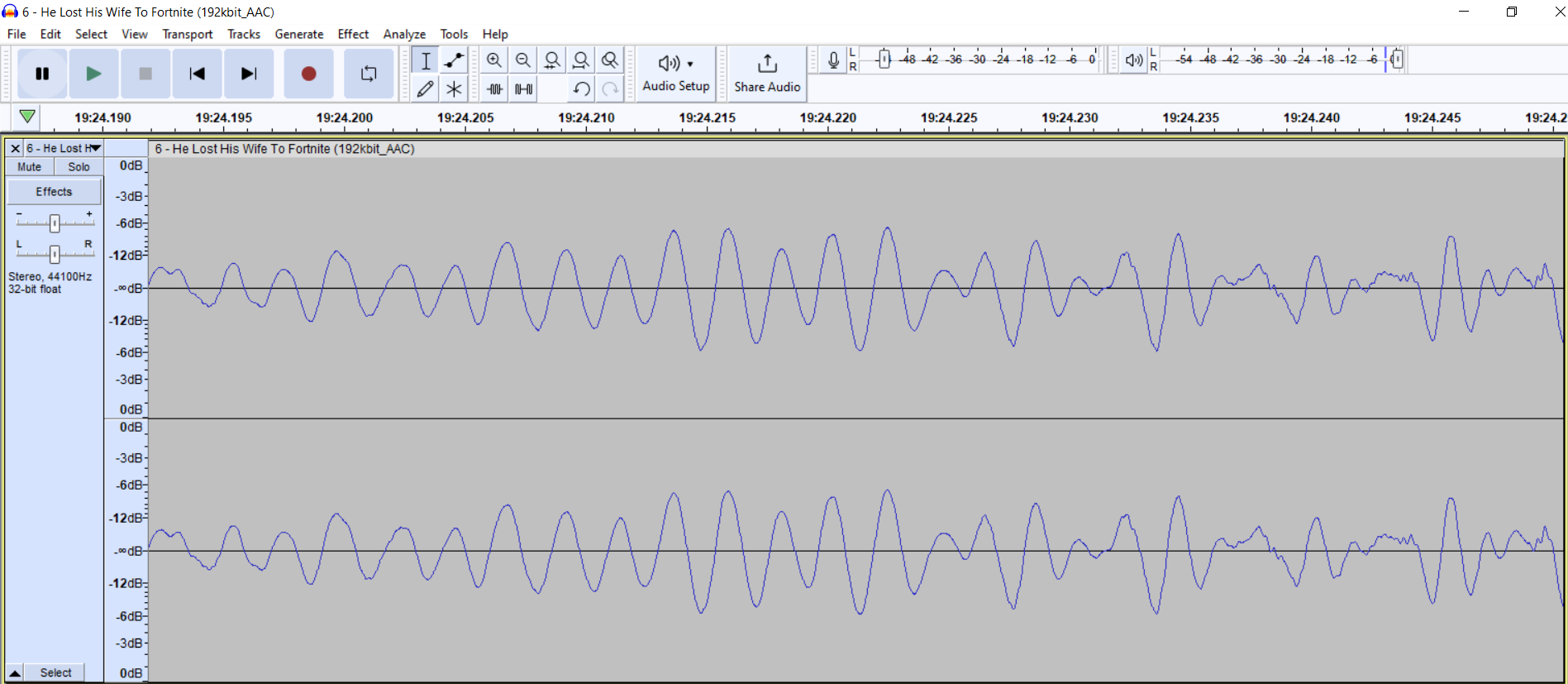 The left and right channels are stacked on top of each other, that's why there are two waveforms
The left and right channels are stacked on top of each other, that's why there are two waveforms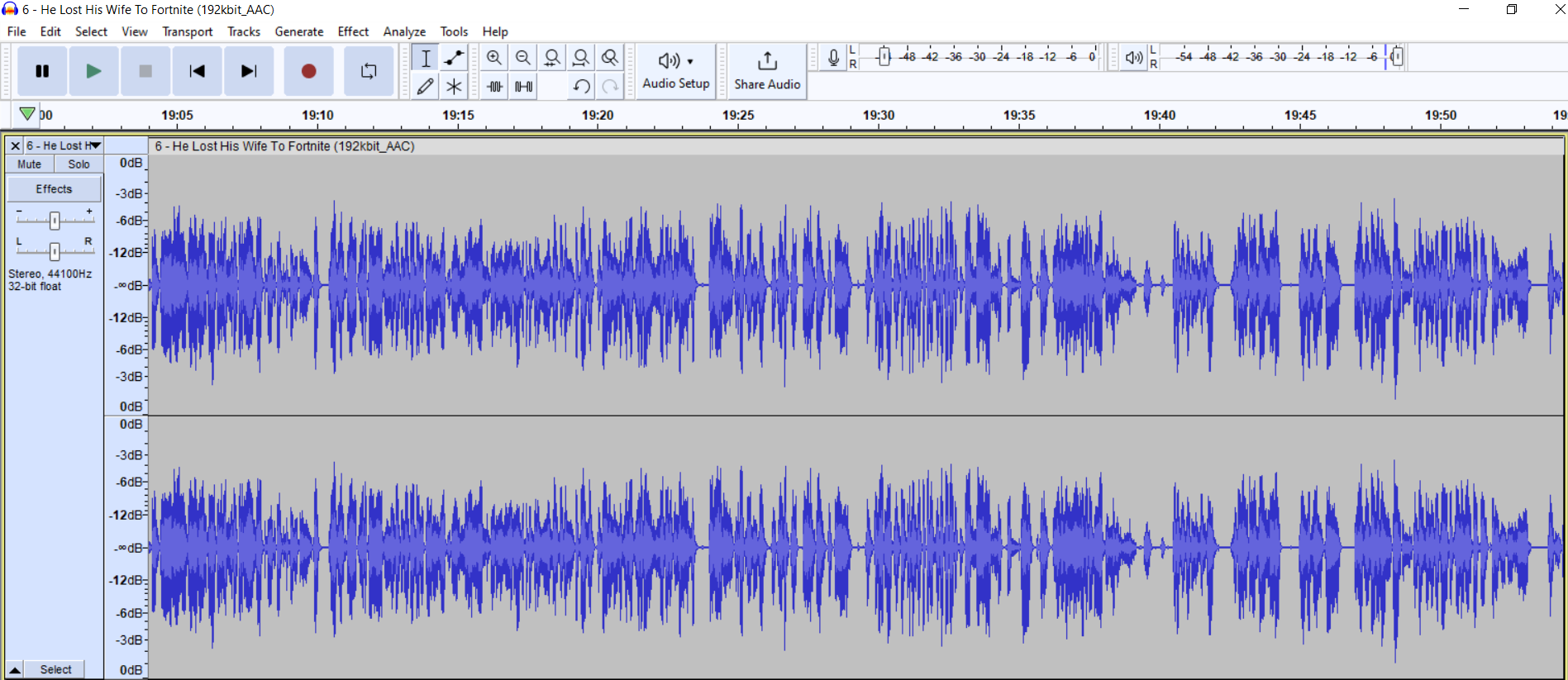 This is with a different timescale, not milliseconds but seconds
This is with a different timescale, not milliseconds but seconds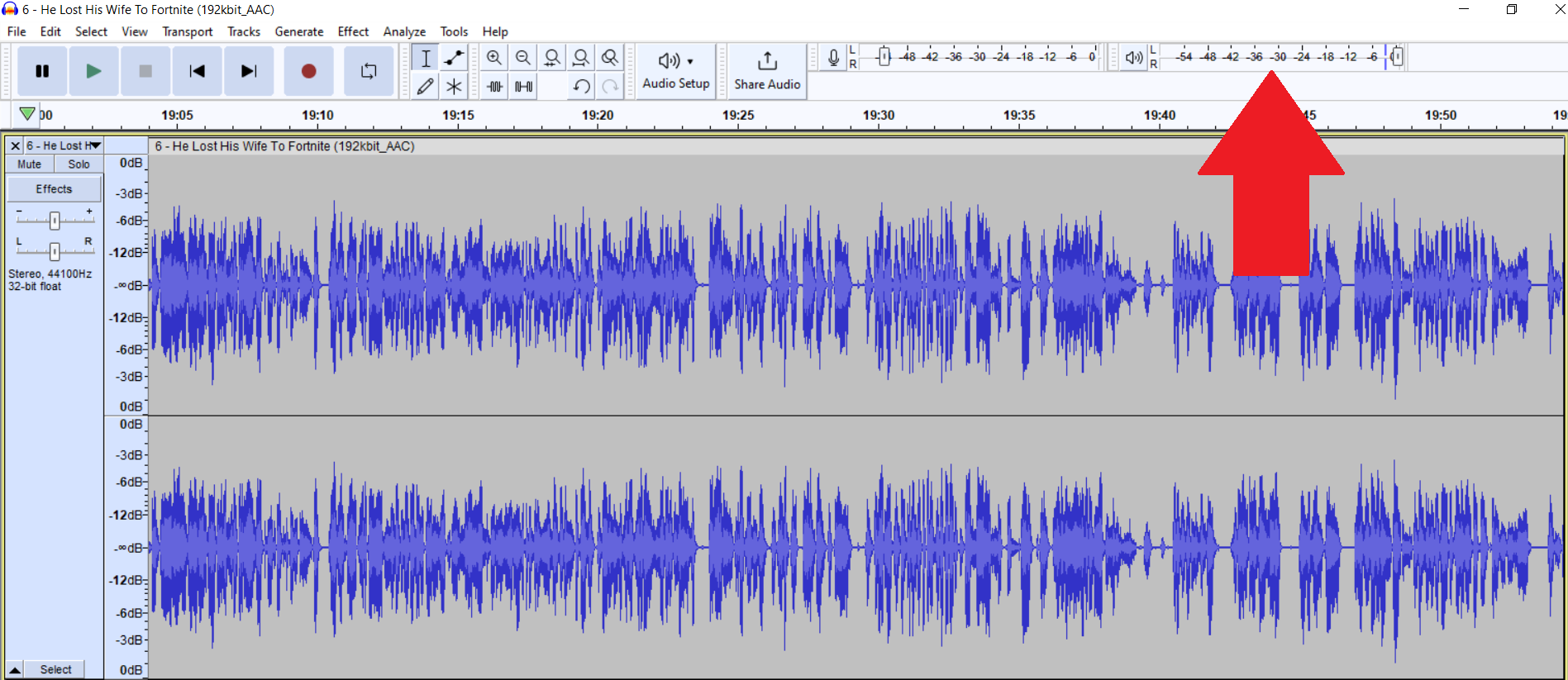
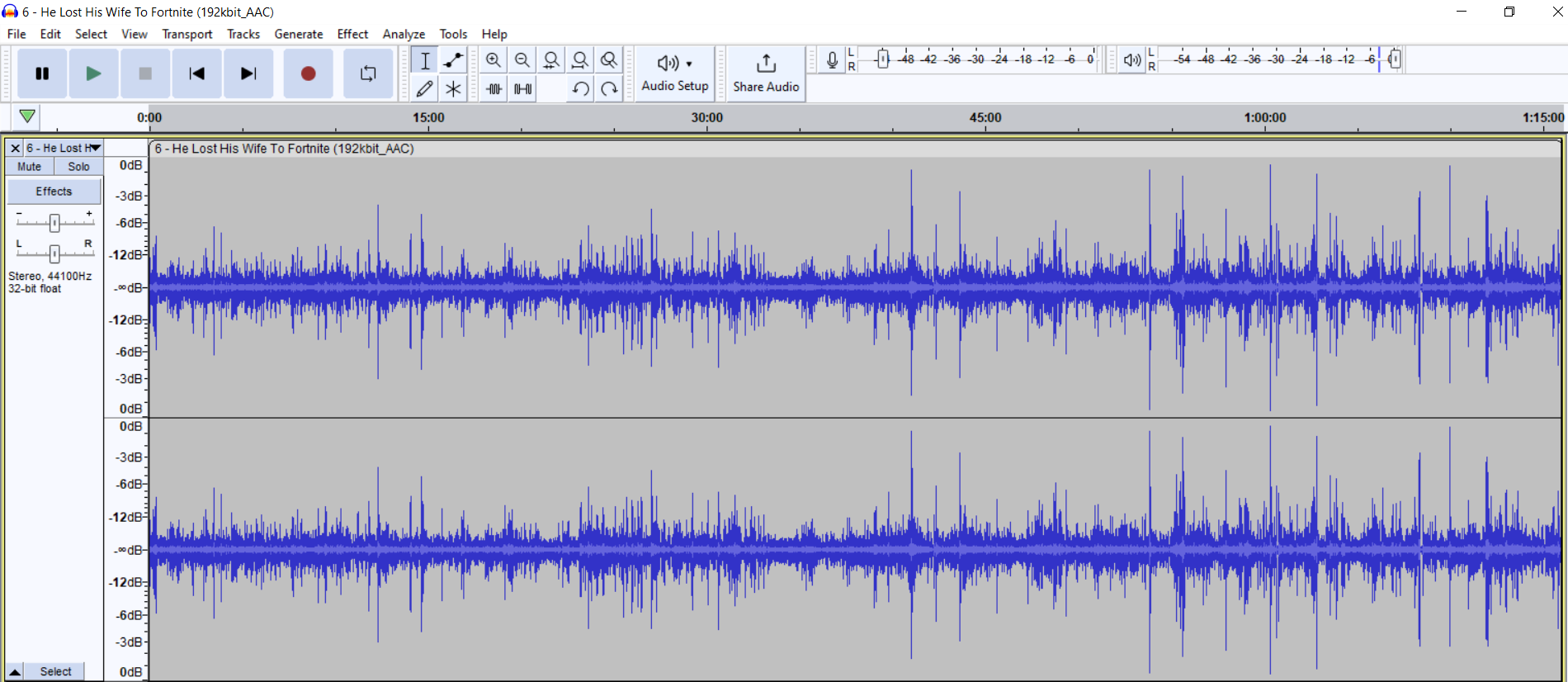
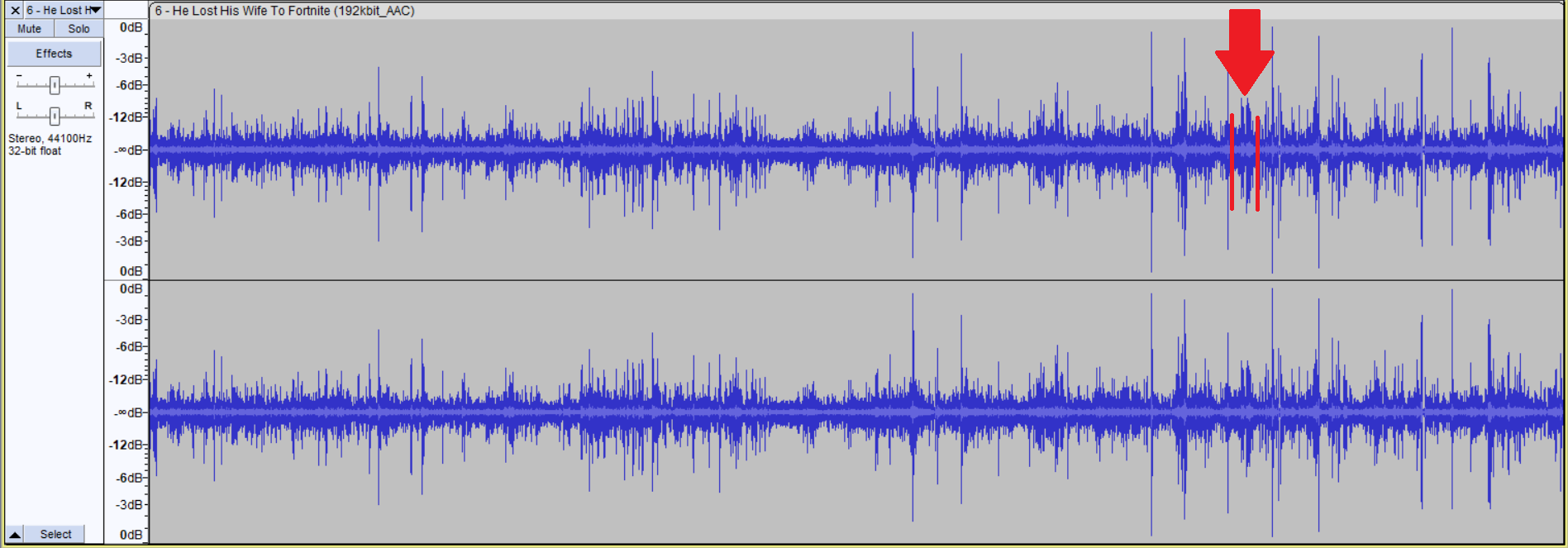
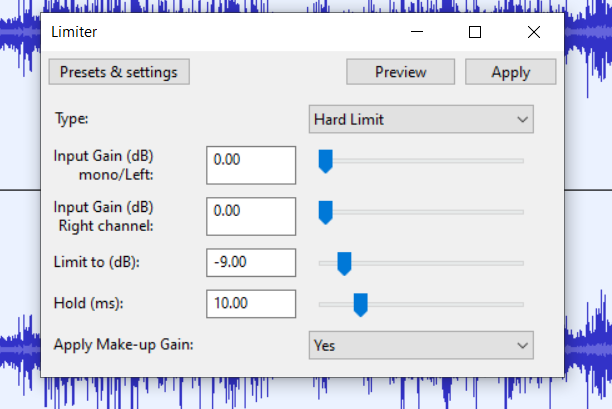
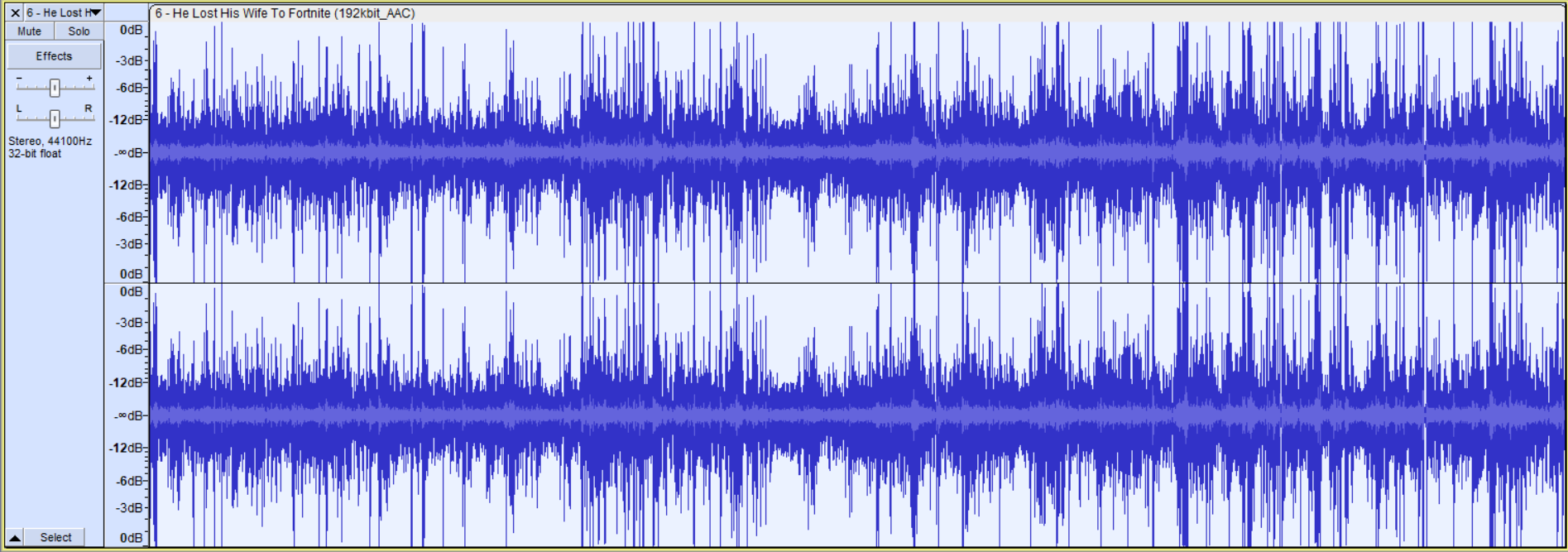
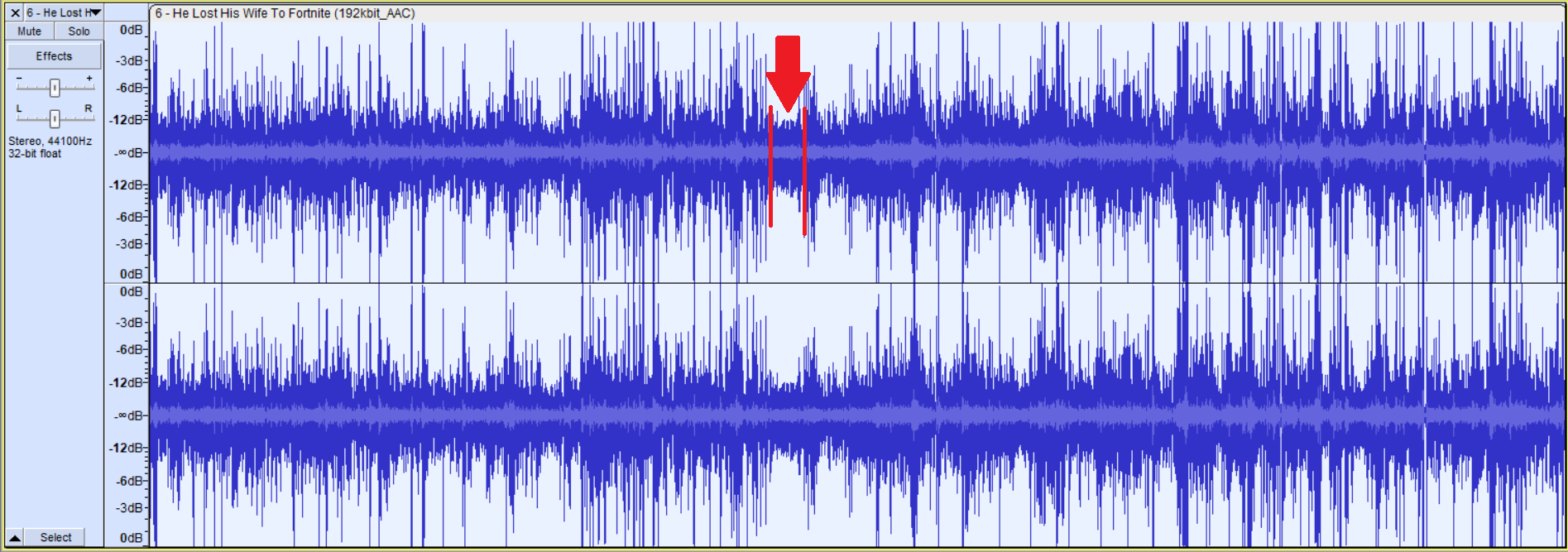
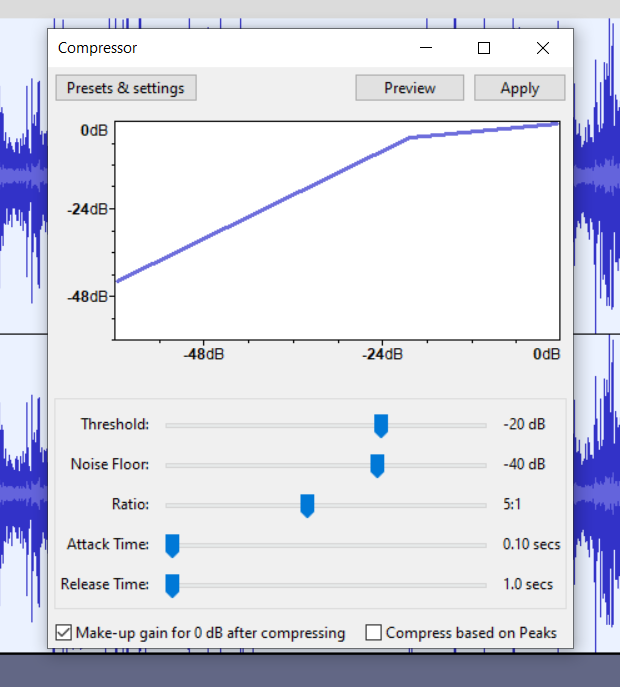
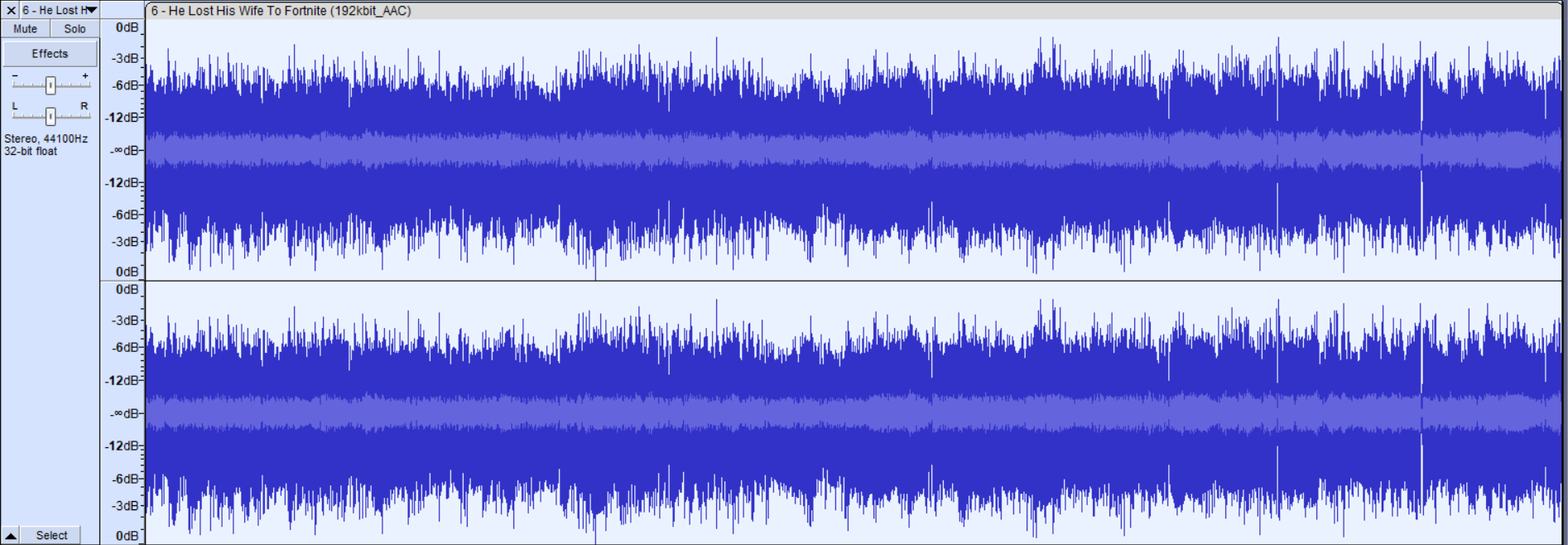
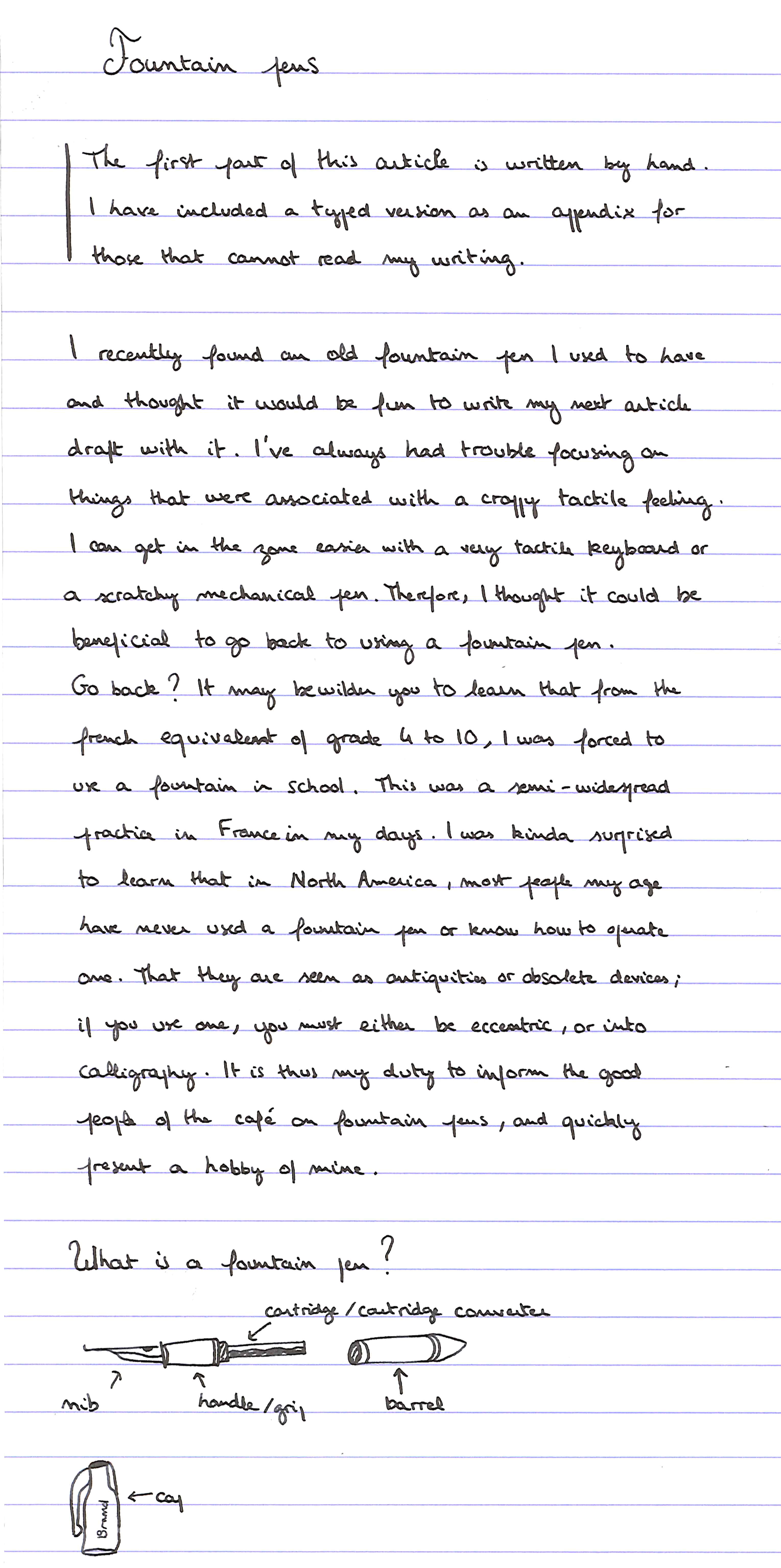
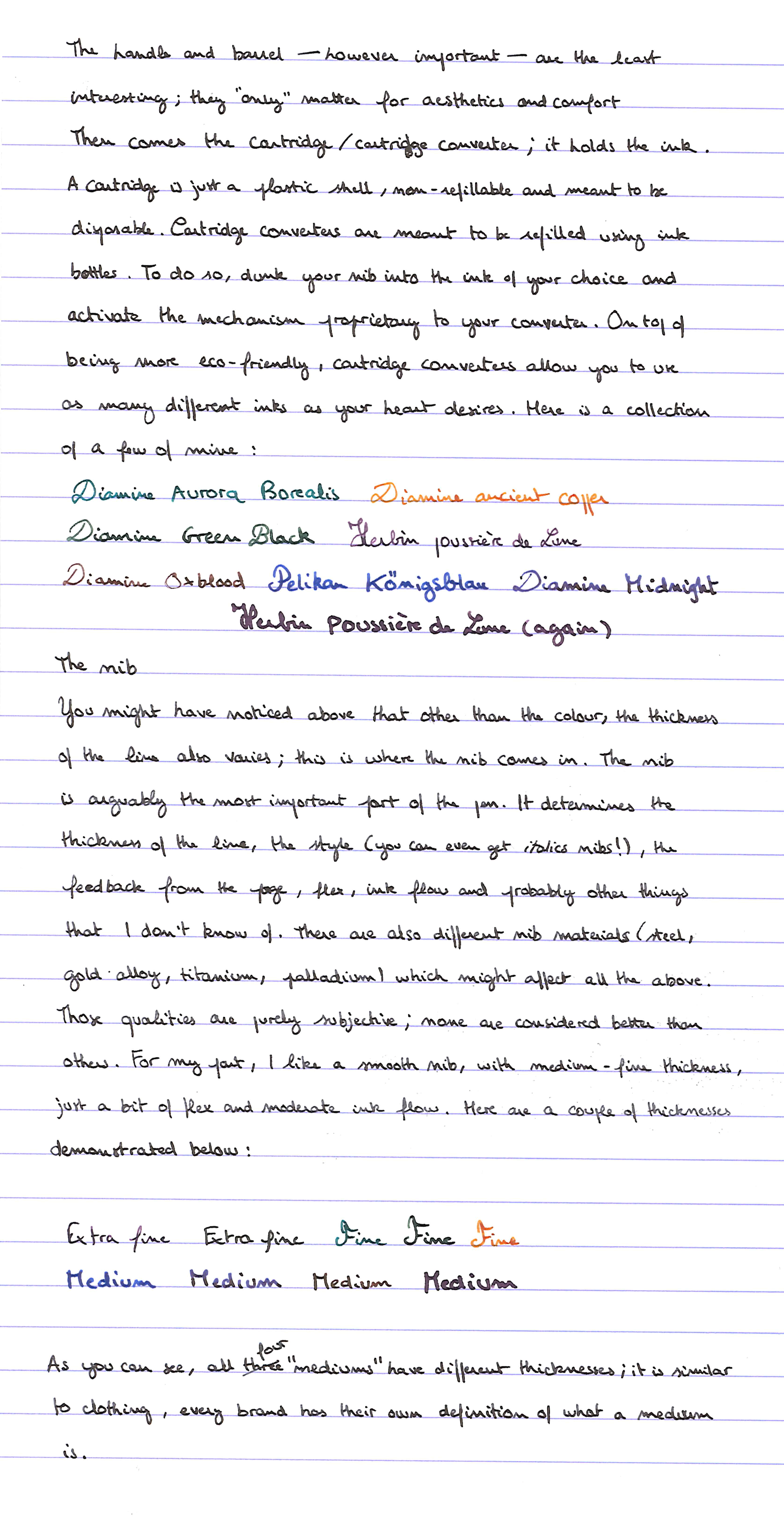
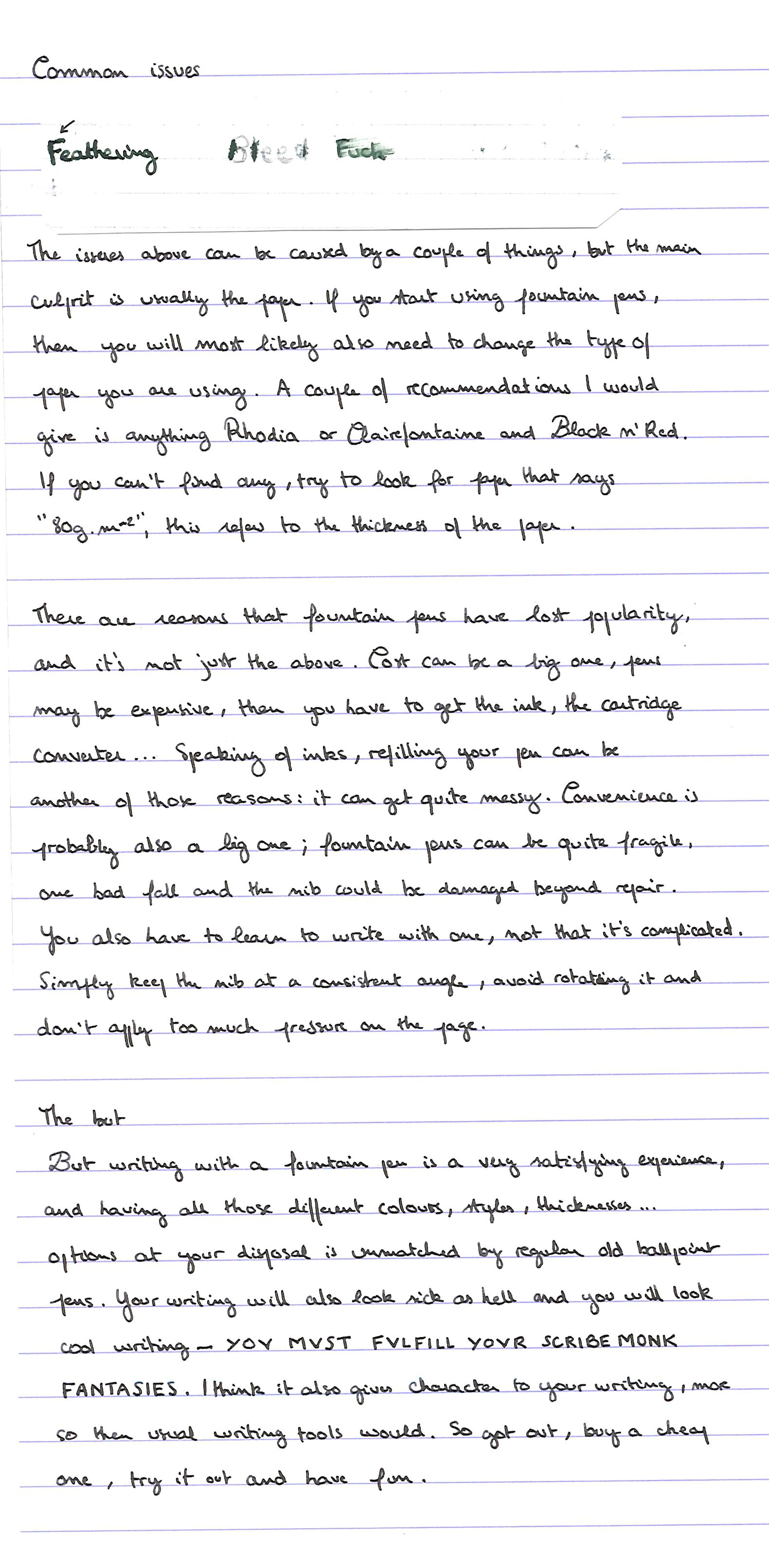

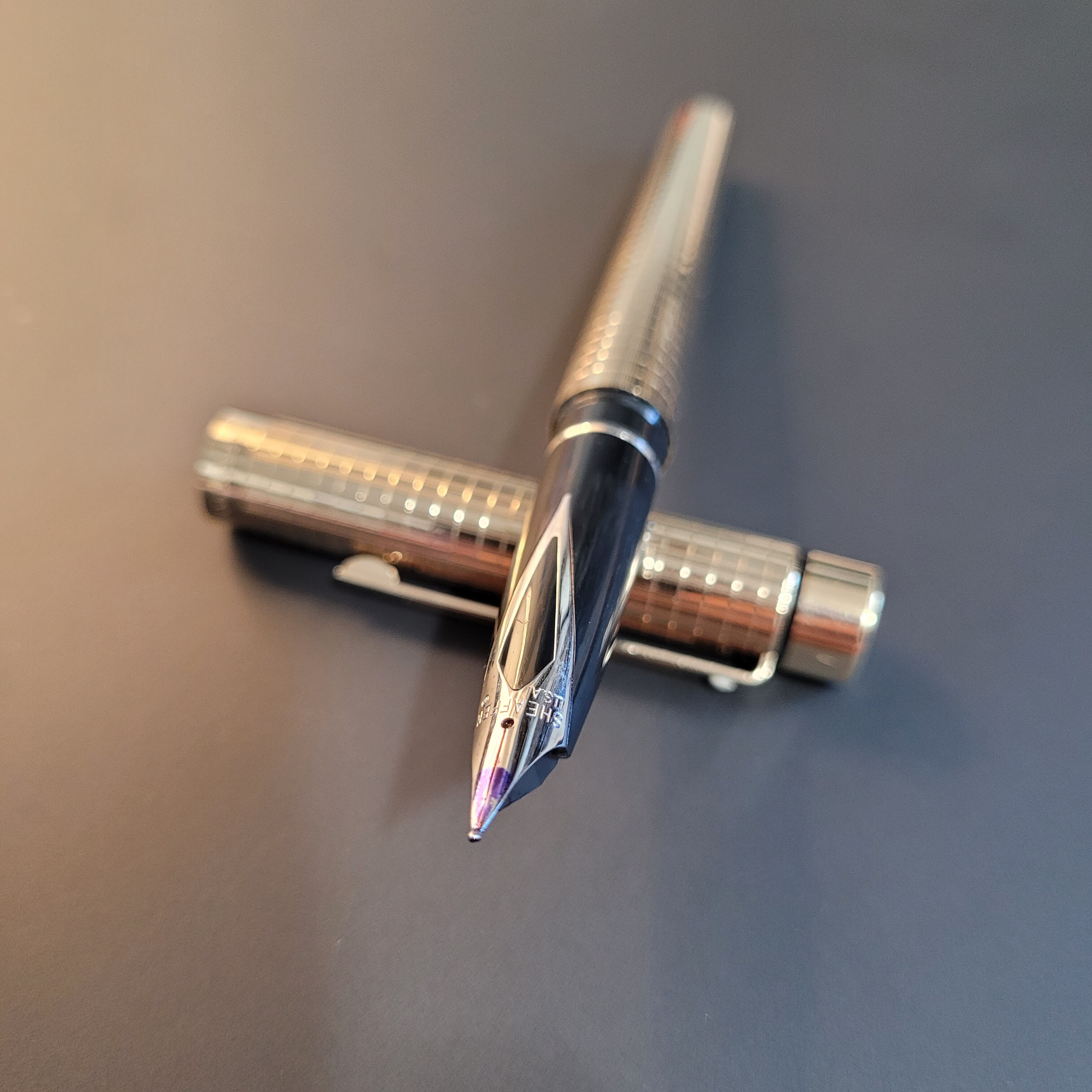
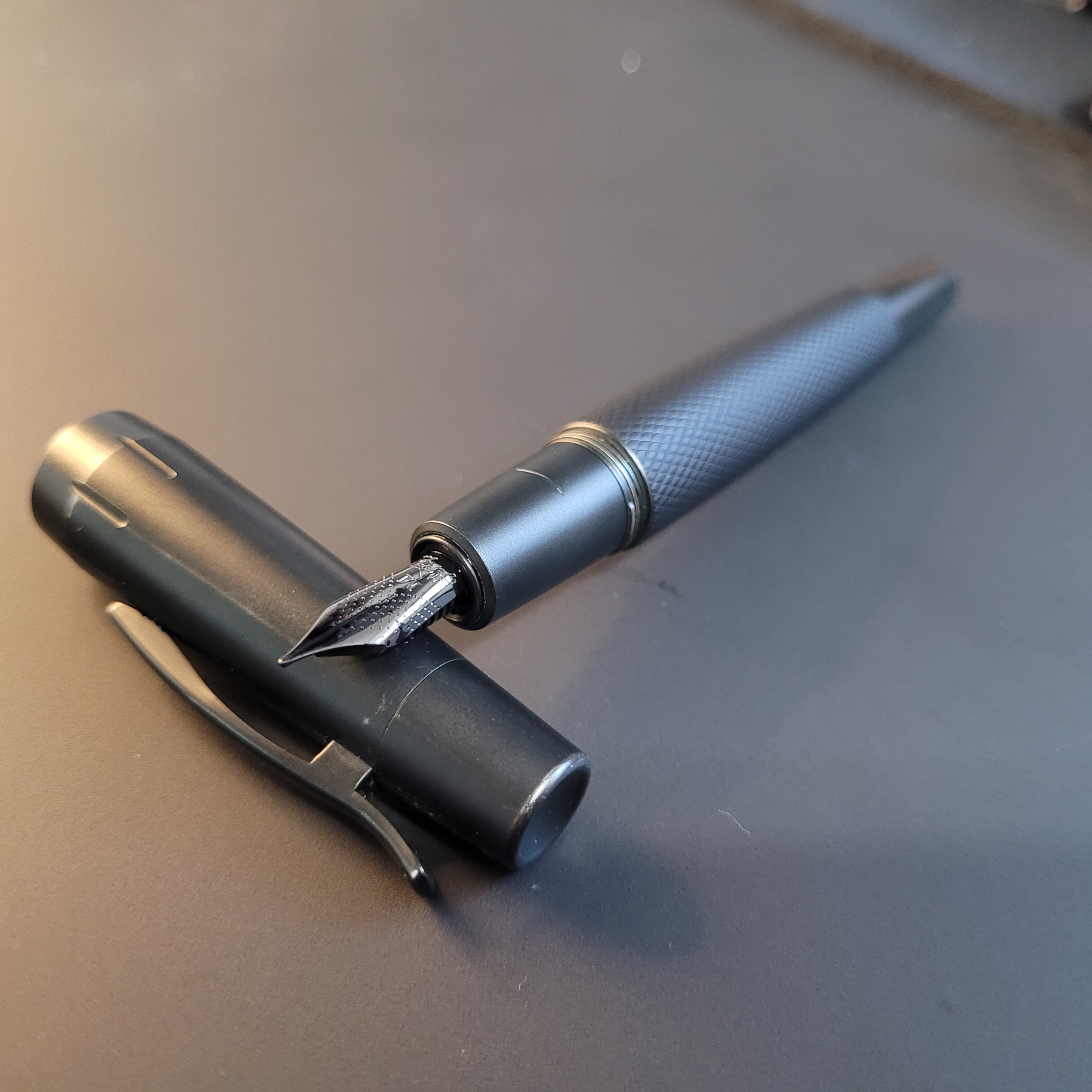



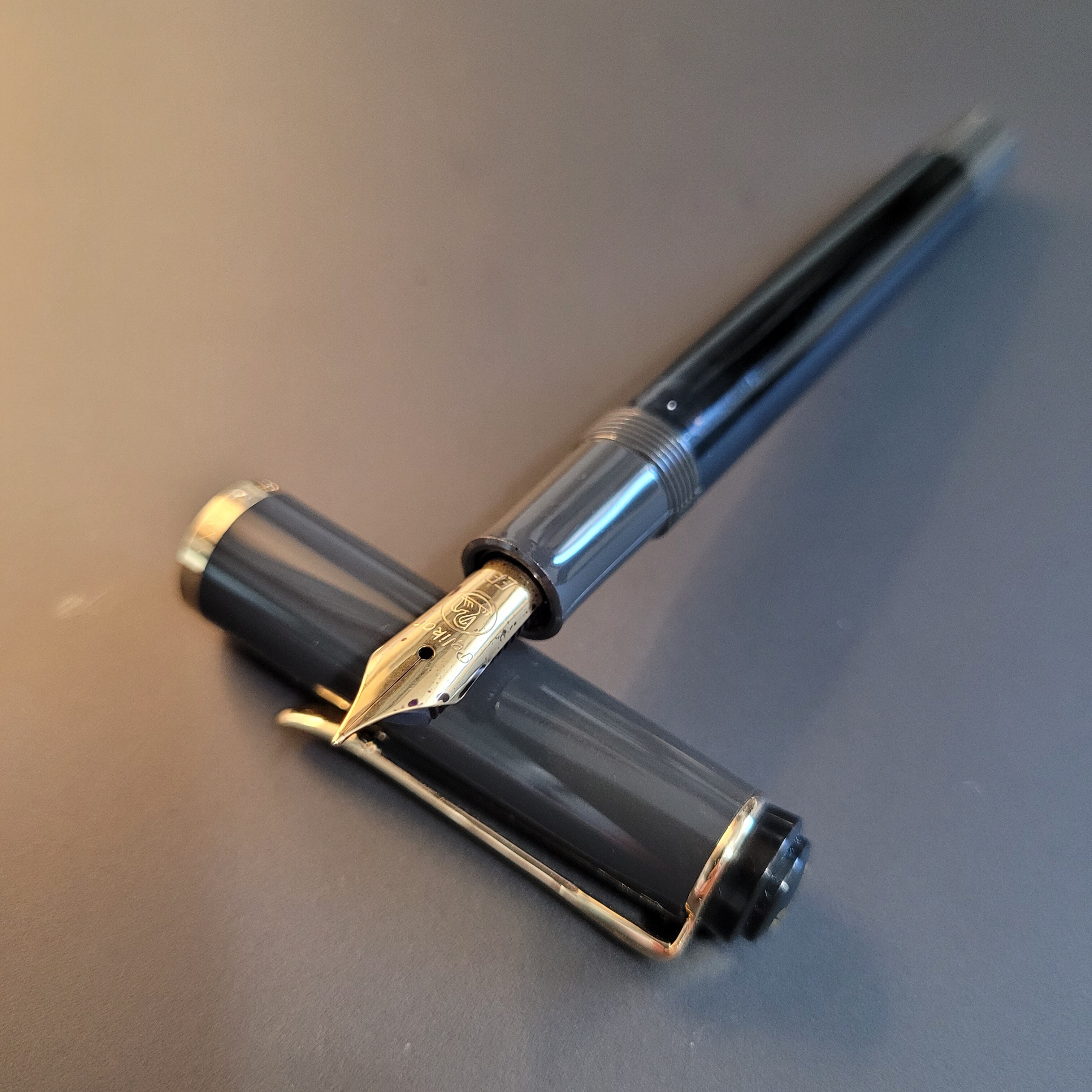




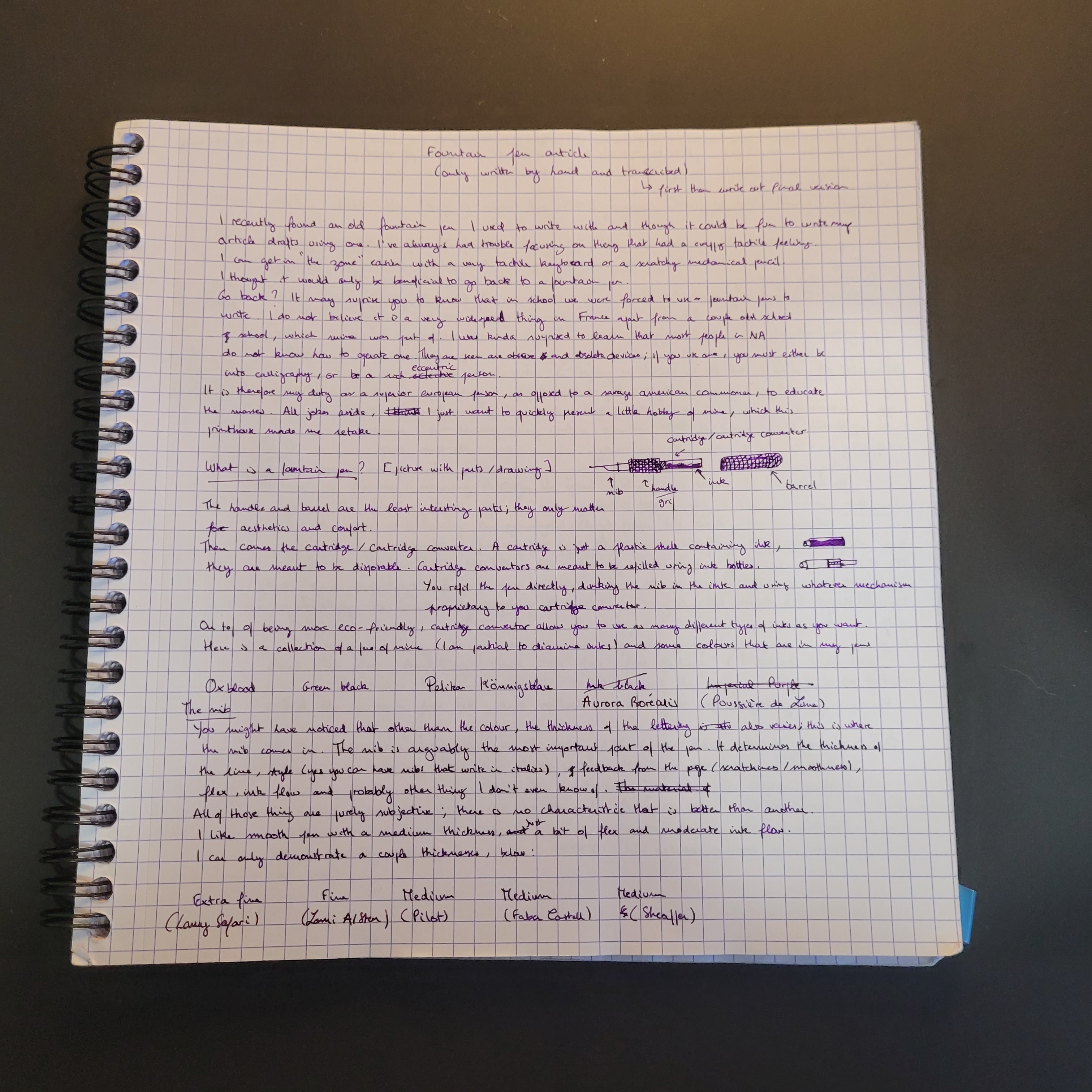

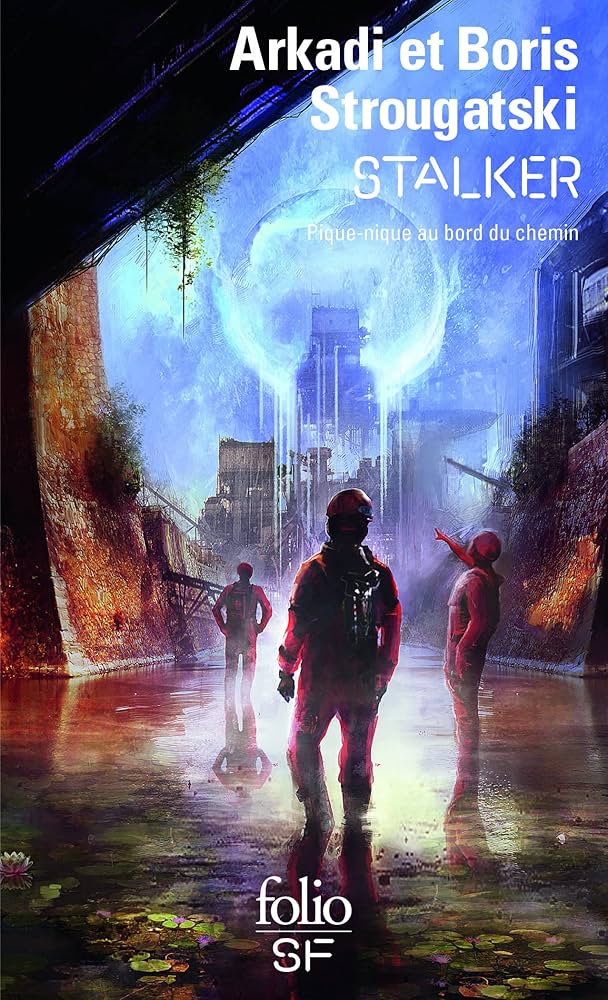








 Result from the recipe
Result from the recipe And what's inside
And what's inside Above is my best-looking bread to date
Above is my best-looking bread to date
